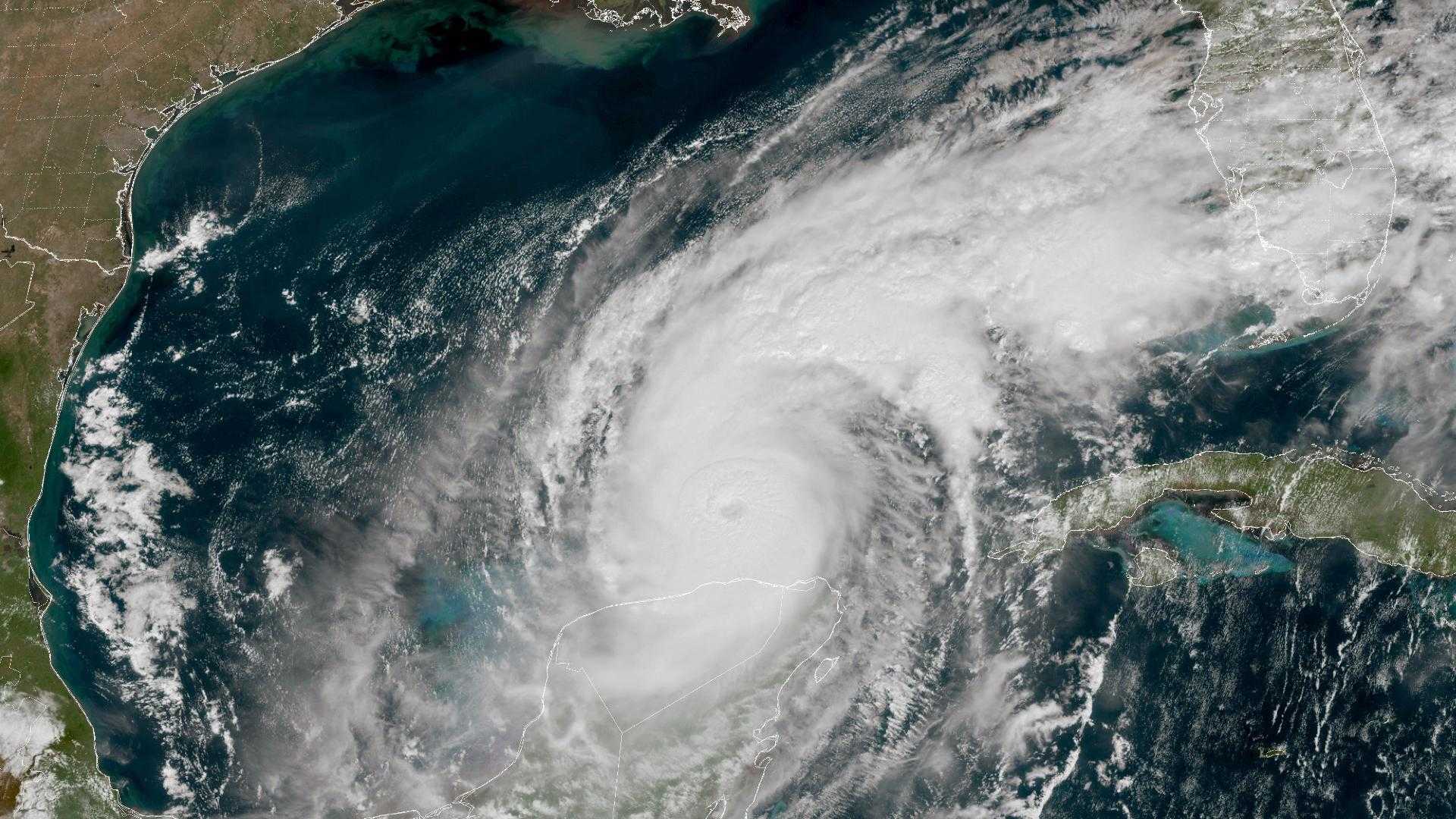News
Florida Prepares for Hurricane Milton Amid Evacuation Efforts and Historical Comparisons

As Hurricane Milton looms off the coast of Florida, urgent preparations are underway in anticipation of potentially catastrophic impacts. This follows close on the heels of Hurricane Helene, which caused significant damage in the region. Milton, currently categorized as a Category 5 storm, poses a formidable threat to Florida’s Gulf Coast, with officials warning of a “really serious storm surge.”
Florida Governor Ron DeSantis emphasized the severity of the situation, stating, “Almost every place on the west coast of Florida could be hit with the surge.” He noted that measures being taken ahead of Milton’s arrival are unprecedented, urging residents to comply with evacuations.
Comparisons to past storms are inevitable. Jon Davis, chief meteorologist at Everstream Analytics, drew parallels to Hurricane Katrina‘s devastating impact in 2005, remarking in an interview that Milton has “all the makings” of a catastrophic event. Hurricane Katrina was a Category 3 storm when it made landfall near New Orleans, Louisiana, resulting in over 1,800 deaths, making it one of the deadliest hurricanes in U.S. history.
Local authorities in Tampa are on high alert, with Police Chief Lee Bercaw describing Milton as “the storm of the century.” He urged residents to evacuate, noting the city’s inability to respond during the storm’s peak. Tampa Mayor Jane Castor echoed these concerns, citing potential devastating storm surges that “really only see in the movies.”
In response, the Federal Emergency Management Agency (FEMA) has mobilized resources, deploying 20 million meals, 40 million liters of water, and various emergency teams across Florida. Additionally, President Joe Biden has stressed the importance of evacuation, stating, “It’s a matter of life and death.”
Hurricane Milton has already led to widespread disruptions, including flight cancellations and the closure of Walt Disney World theme parks. Tampa International Airport reported 346 flight cancellations on Tuesday, with hundreds more anticipated. U.S. airlines have adjusted schedules and waived fees, offering passengers options to leave ahead of the storm.
The military has also taken precautionary measures, with MacDill Air Force Base evacuating personnel and aircraft. This is a part of broader efforts to minimize risk and ensure operational continuity.
Climate experts emphasize the role of unusually warm sea temperatures in the Gulf of Mexico, partly attributed to climate change, in the storm’s intensification. Mark Poynting, a climate researcher, noted that warmer waters provide energy for hurricanes, potentially leading to more intense storms.












